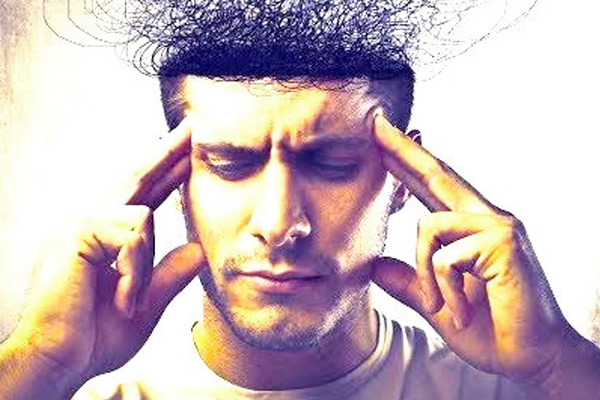Seven Visions of Addictions –
Dec. 13, 2019 – Patients often lose the ability to connect and relate through the compulsive use of mind-altering substances. Treating such patients can feel like a Sisyphean task and there are unique challenges to consider. Significant treatment obstacles arise from our negative countertransference, which can be quite intense with such patients. One unique source of this negativity towards addiction is that it may exist even prior to consultation with patients. We may unconsciously experience long held and unacknowledged social biases about those who misuse alcohol and drugs. These biases may have followed us from childhood, ingrained from traumatic personal or family history with substance abuse. These unformulated feelings become triggered in the course of treating addicted patients, along with adverse feelings that emerge with the treatment challenges themselves.
Addictions may stem from failures in the attachment system at critical times in a person’s development. When addicted people then seek to become sober, their main source of self-regulation is no longer available. They must now manage life stressors with a fragile self-system. There is also the overwhelming sense of shame associated with having needed drugs and/or alcohol to feel normal (Gill, 2014). Then comes a dawning realization that becoming sober is only the beginning. The newly sober addict can have unrealistic expectations of therapy – that it will act like a drug. There is disappointment and confusion when it does not do so. It is not surprising that the therapist could develop a multitude of negative responses to treating an addicted person, despite one’s best efforts. One must be especially mindful and monitor one’s countertransference with addicted patients and alert to the potential for enactment.



